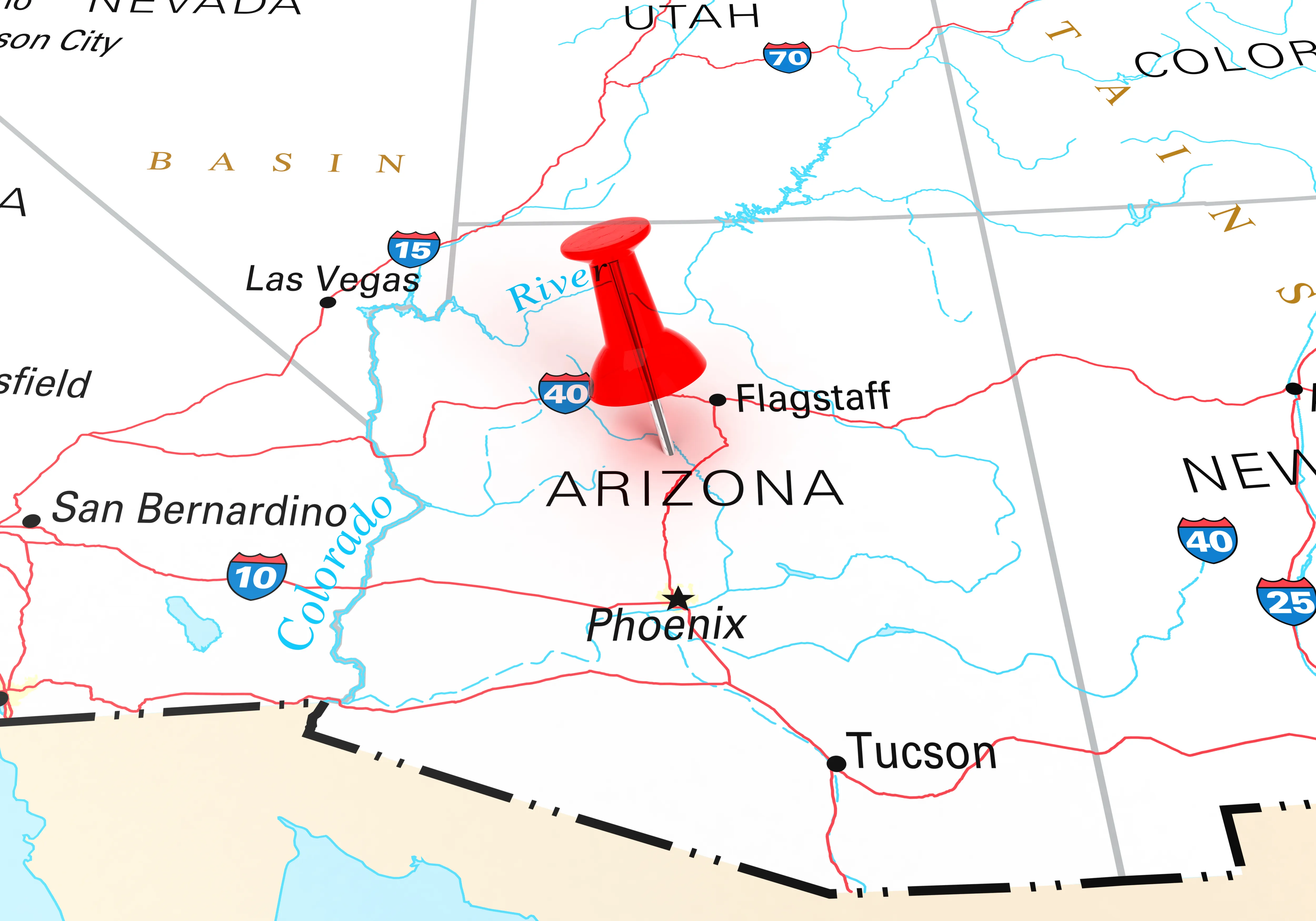
Daily Audio Newscast - April 9, 2025
© AlexLMX - iStock-823000260
Six minutes of news from around the nation.
Judge rules White House violated the First Amendment in banning Associated Press from President Trump's events; MA labor unions rally for public colleges, universities; ND farmers back push in Congress to rein in tariffs; NC state workers oppose health plan changes; and PA retirees fear Social Security cuts under Trump.
Transcript
The Public News Service Daily Newscast, April 9, 2025.
I'm Mike Clifford.
A federal judge Tuesday ordered the White House to restore full access to the Associated Press to President Trump, finding that the effort to ban the outlet over objections to its coverage violated the First Amendment.
That from the New York Times.
They report the order dealt a blow to Trump, who in a departure from decades of tradition, has moved to leverage access to the presidential events as a way of asserting more direct control over how news organizations cover his administration.
The Times notes Trump officials began barring the outlet from physically covering events, citing the wire service's refusal to adopt the administration's renaming of the Gulf of Mexico to the Gulf of America.
Meantime, public higher education unions rallied Tuesday in Boston against the Trump administration's crackdown on colleges and on universities.
Massachusetts receives more federal research funding per capita than any other state, and proposed spending cuts put local jobs at risk.
Levin Kim with Higher Ed Labor United calls the cuts reckless and says they threaten biomedical innovations and life-saving treatments.
These cuts are going to have impacts for generations of scientists to come.
It's not like we can just turn everything back on.
And so that's why we believe that it's really crucial to stop these cuts.
Union members gathered at the JFK Federal Building in Boston, joining with others at more than 50 locations nationwide.
Last week, a federal judge permanently blocked the White House from limiting funding to the National Institutes of Health, which supports academic research.
An appeal is likely.
I'm Catherine Carley.
And with planting season here, North Dakota farmers have plenty on their minds, including the escalating trade war.
Some hope a bipartisan bill in Congress will lead to a lot less uncertainty about the future.
A handful of U.S. senators have introduced a bill supporters say would restore congressional authority over tariffs.
It comes amid the latest tariffs announced by President Donald Trump.
Bob Kylin, who runs a wheat farm in western North Dakota, wants the bill to advance.
He notes commodity prices for him are going down as the trade war heats up.
Unlike manufacturers, he says farmers can't quickly adjust their price structure.
We just can't say, oh, well, we're just going to charge $3 more for our wheat for what they did to us.
The measure would require the president to notify Congress of tariff action within 48 hours, which then would give lawmakers 60 days to pass a joint resolution of approval.
President Trump has threatened to veto the plan, arguing it would chip away at leverage the administration has over foreign countries in negotiating new trade terms.
I'm Mike Moen.
Advocates say agriculture still has not recovered from the trade war under the first Trump administration.
Meanwhile, both of North Carolina's U.S. senators did not respond to comment requests on whether they support the bill.
This is Public News Service.
We head next to Carolina, where state workers are speaking out against proposed changes to the state health plan.
U.E. Local 150, the North Carolina Public Service Workers Union, is urging the state not to increase premiums or make other changes to the plan, which covers nearly 750,000 current and former state employees.
Charles Owens is a health care technician and vice president of U.E. Local 150 at Cherry Hospital in Goldsboro, North Carolina.
He says his co-workers are already feeling the effects of changes to their plans.
They changed the plan up and so forth, but didn't bother to get input from the people that it affects.
And that was just outrageous.
The state health plan board of trustees says it has to address a $1.4 billion budget shortfall through 2027.
Workers, including Owens, spoke out against cuts at a board of trustees meeting in March and have started a petition to oppose changes.
A vote on the future of health care plan elements like deductibles and copay is set for May, and a vote on potential premium increases is scheduled for August.
I'm Eric Tegethoff reporting.
And instead of enjoying retirement, some Pennsylvanians are concerned about the future of Social Security, as the agency sees job reductions and office closures as part of the Trump administration's cutbacks.
Our Danielle Smith has more.
The Social Security program supports around 69 million Americans, mostly retirees, including 3 million in Pennsylvania.
Reporter Ann Augustuson with the Pennsylvania Independent attended the recent People's Town Hall in Bethlehem, where she says many retirees were among the 500 attendees voicing worries about potential cuts to their benefits.
For people who are now living on a fixed income, they spoke about how critical those Social Security checks are to them, you know, and how scary it is to consider the possibility of a global recession that, you know, is in part caused by the president's trade wars.
In February, House Republicans passed a budget plan to extend Trump's tax cuts and mass deportation policies.
Finally, Indiana lawmakers have approved a measure to study ways to use advanced transmission technologies to squeeze more energy from the state's aging electrical grid.
The technology is a suite of hardware and software that can boost the capacity of current transmission lines and perhaps postpone the need for new infrastructure.
Backers of the plan say because it's deployed on existing towers, it can reduce cost, modernize without new construction, and increase the system's energy capacity.
GOP State Senator Eric Cook, co-sponsor of the bipartisan bill, says the state faces an ever-increasing demand for energy.
We're hearing projections of a single data center using one or maybe even two gigawatts.
A gigawatt is about the consumption of the residential use in the city of Indianapolis.
I'm Mark Richardson.
This is Mark Clifford for Public News Service, member and listener supported.
Hear us on radio stations big and small, your favorite podcast platform.
Find our content and trust indicators at publicnewsservice.org.

















